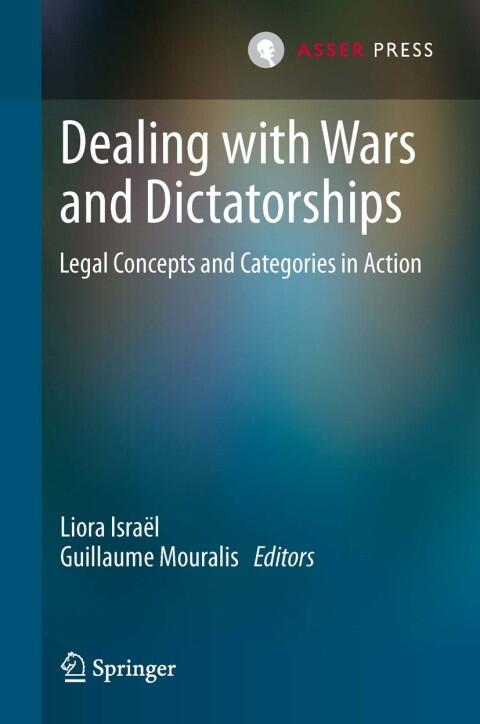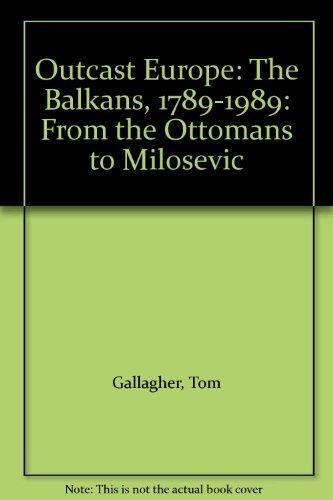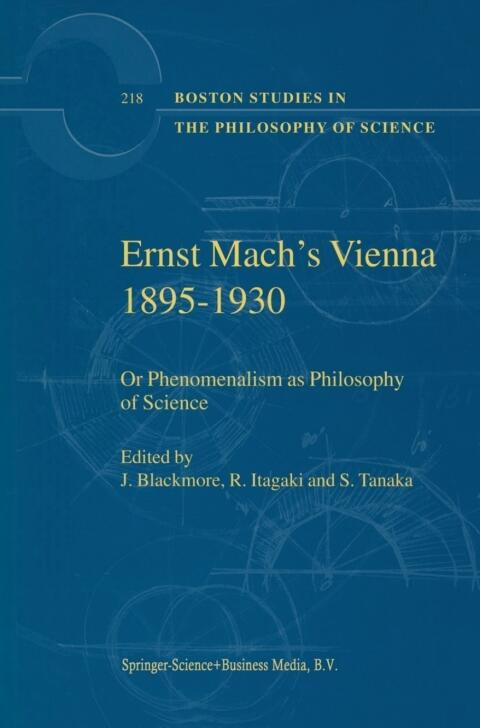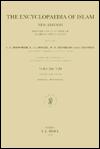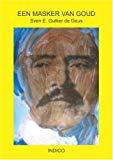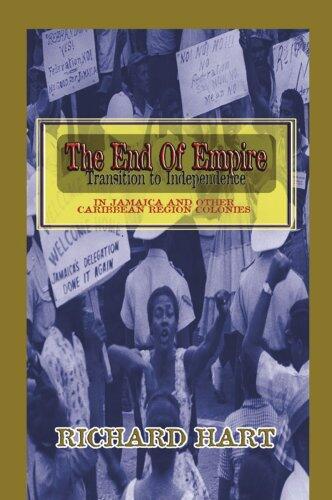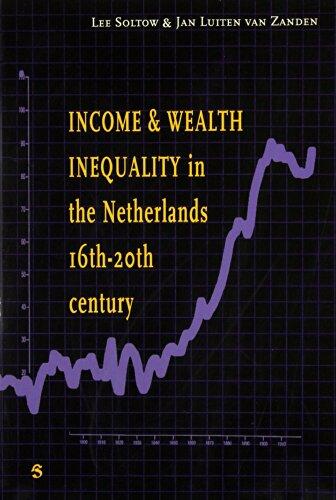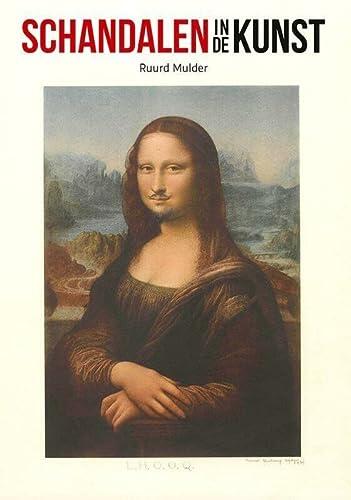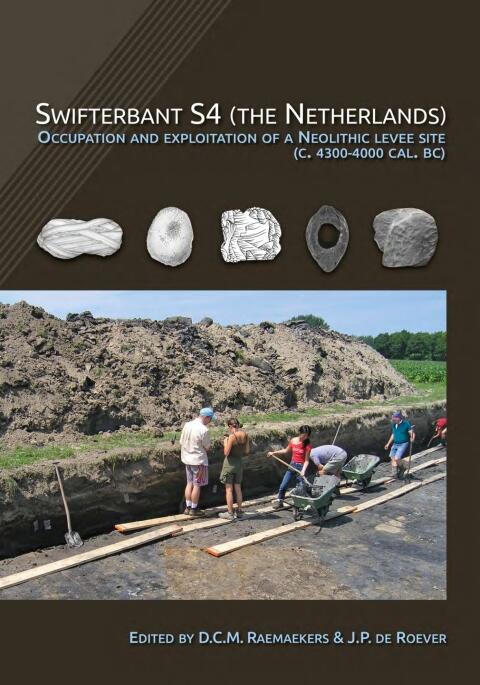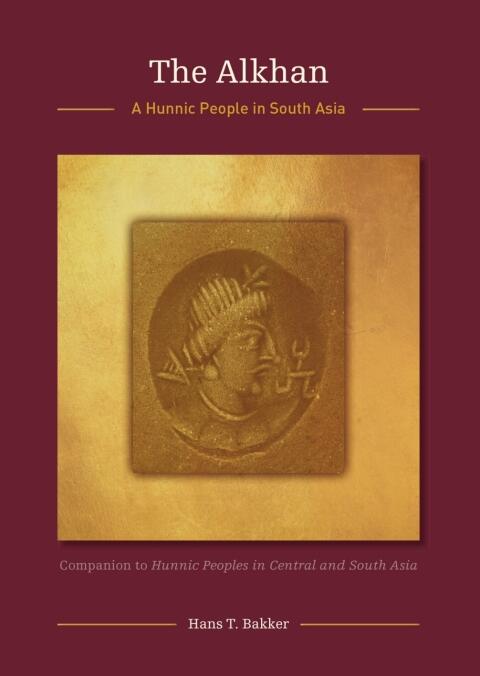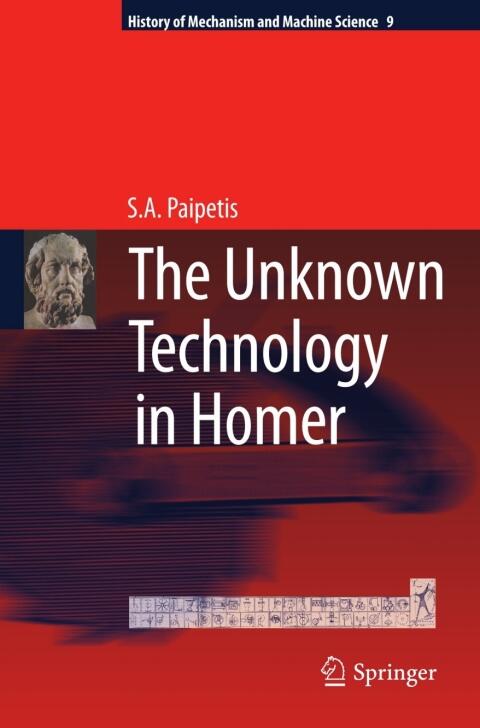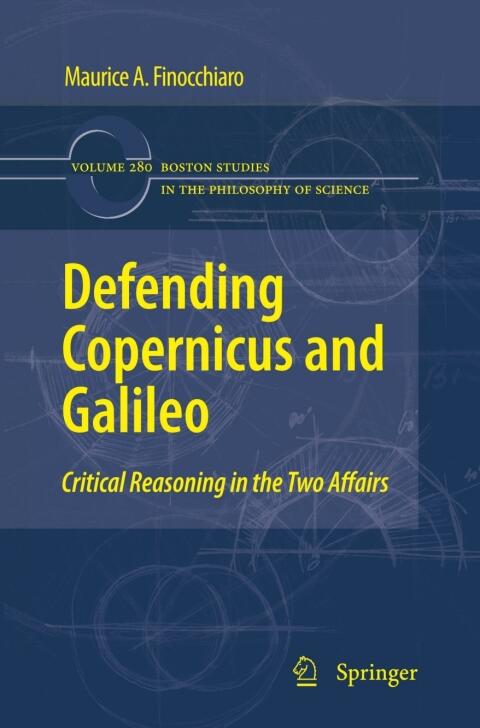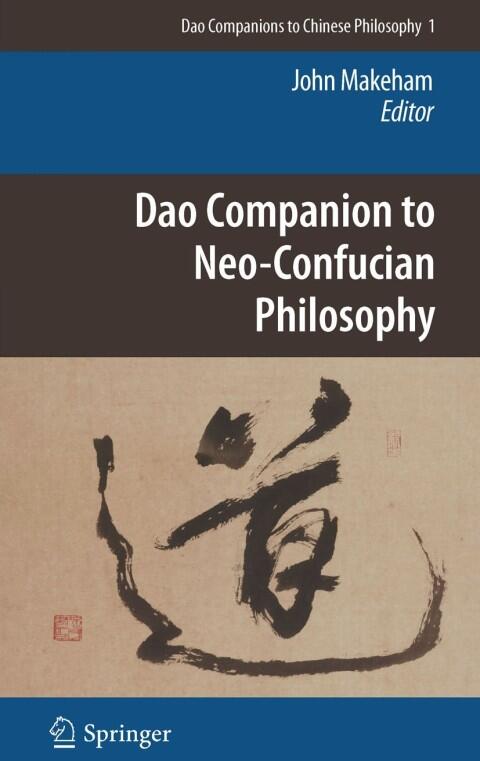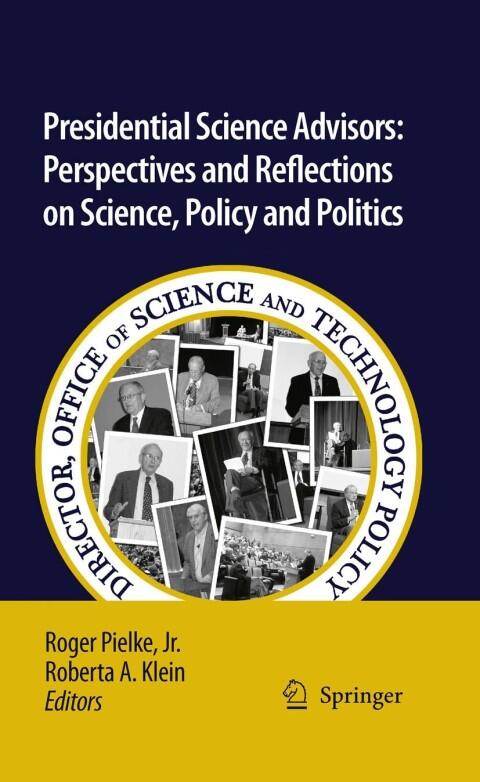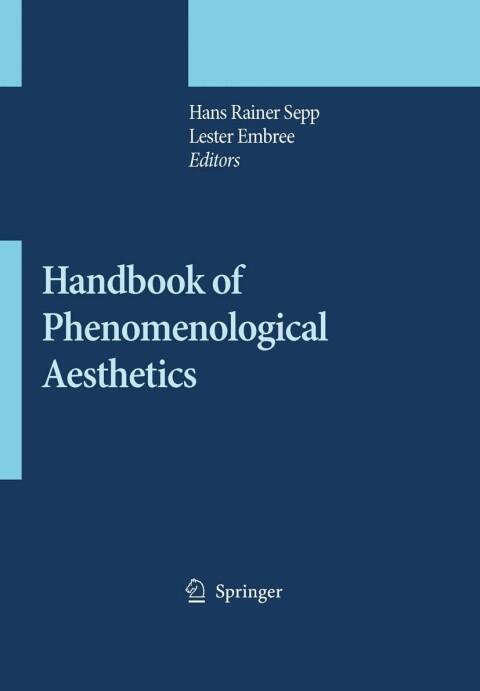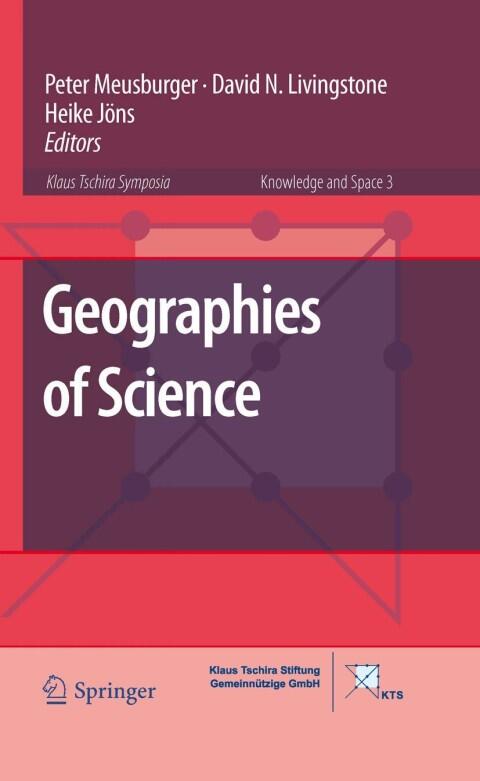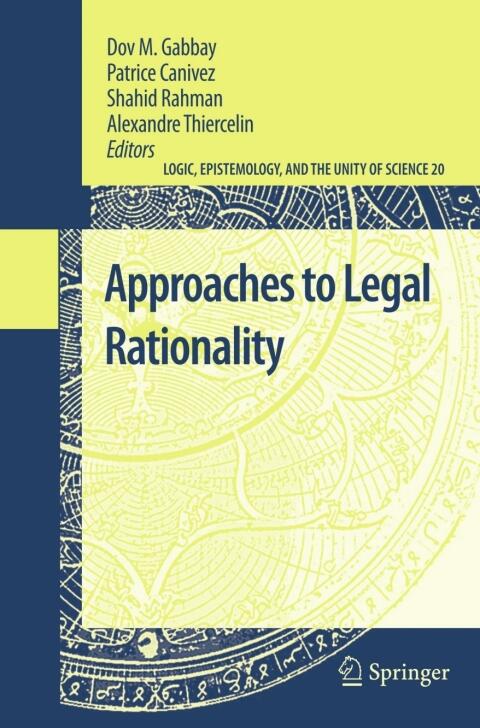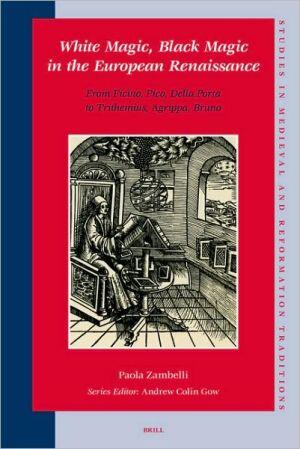
White Magic, Black Magic in the European Renaissance
von
Paola Zambelli
Noch keine Bewertungen
History
Philosophy
Fantasy
Format
Gebundene Ausgabe
Seiten
282
Sprache
Englisch
Veröffentlicht
Jan 1, 2007
Verlag
Brill
ISBN-10
9004160981
ISBN-13
9789004160989
Beschreibung
In the Renaissance, a vibrant period of cultural rebirth and intellectual exploration, the intersection of magic and philosophy was a prominent theme. This work delves into the rich tapestry of beliefs that characterized European thought, examining the dual nature of magic that was perceived as both beneficial and harmful. Through a thoughtful analysis, Zambelli unravels the complexities of white and black magic, revealing how these concepts were deeply intertwined with the prevailing religious and philosophical ideas of the time.
The author sheds light on the influence of humanism and the revival of ancient texts, which played a crucial role in reshaping the understanding of the natural and supernatural worlds. The book discusses how learned individuals navigated the moral and ethical implications of magic, often attempting to reconcile their practices with the spiritual doctrines of their era. By highlighting key figures and their contributions, it demonstrates the diverse interpretations of magic that flourished in this dynamic cultural landscape.
As Zambelli explores the societal and cultural ramifications of these beliefs, readers gain insight into how magic was not merely an esoteric pursuit but also a significant force that impacted politics, medicine, and daily life in Renaissance Europe. The exploration of magical practices reveals underlying tensions between faith and reason, illuminating the broader struggles of a society on the cusp of modernity.
Ultimately, the work serves as a compelling addition to the discussion of historical thought, showcasing that the interplay of magic and philosophy was not only fascinating but integral to understanding the Renaissance's legacy. Through meticulous research and engaging prose, Zambelli invites readers to appreciate the complexities of a time when the boundaries between magic, science, and religion were far less defined than they are today.
The author sheds light on the influence of humanism and the revival of ancient texts, which played a crucial role in reshaping the understanding of the natural and supernatural worlds. The book discusses how learned individuals navigated the moral and ethical implications of magic, often attempting to reconcile their practices with the spiritual doctrines of their era. By highlighting key figures and their contributions, it demonstrates the diverse interpretations of magic that flourished in this dynamic cultural landscape.
As Zambelli explores the societal and cultural ramifications of these beliefs, readers gain insight into how magic was not merely an esoteric pursuit but also a significant force that impacted politics, medicine, and daily life in Renaissance Europe. The exploration of magical practices reveals underlying tensions between faith and reason, illuminating the broader struggles of a society on the cusp of modernity.
Ultimately, the work serves as a compelling addition to the discussion of historical thought, showcasing that the interplay of magic and philosophy was not only fascinating but integral to understanding the Renaissance's legacy. Through meticulous research and engaging prose, Zambelli invites readers to appreciate the complexities of a time when the boundaries between magic, science, and religion were far less defined than they are today.
Rezensionen
Noch keine Rezensionen
Sei der Erste, der dieses Buch rezensiert und deine Gedanken teilt
Erste Rezension hinzufügenLesetagebuch
Keine Lesetagebücher gefunden
Beginne deinen Lese-Fortschritt zu verfolgen, um Log-Einträge hier zu sehen
Füge dein erstes Lesetagebuch hinzuNotizen
Transaktionsprotokoll
Keine Transaktionsprotokolle gefunden
Beginne, deine Buchtransaktionen zu verfolgen, um Log-Einträge hier zu sehen
Fügen Sie Ihr erstes Transaktionsprotokoll hinzu